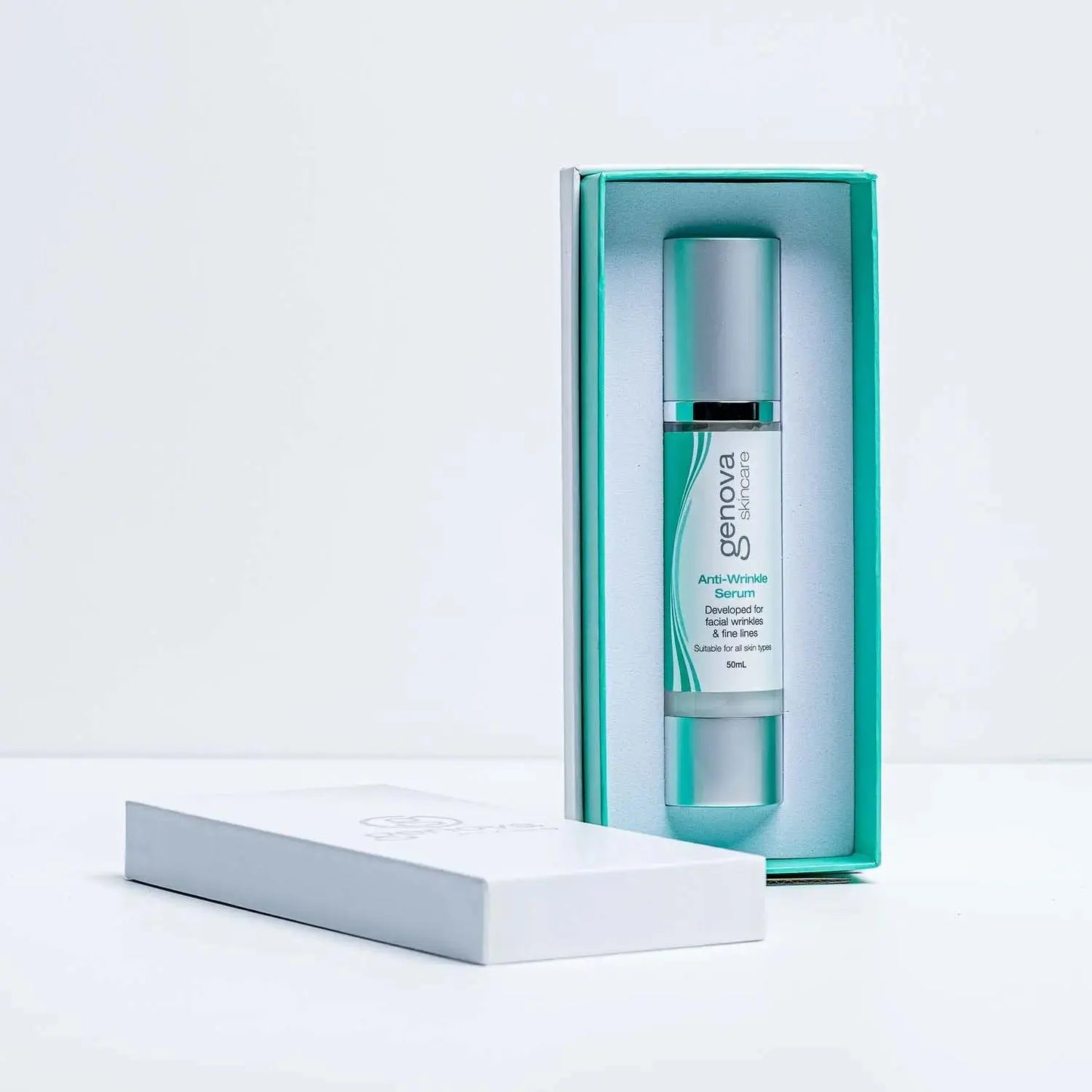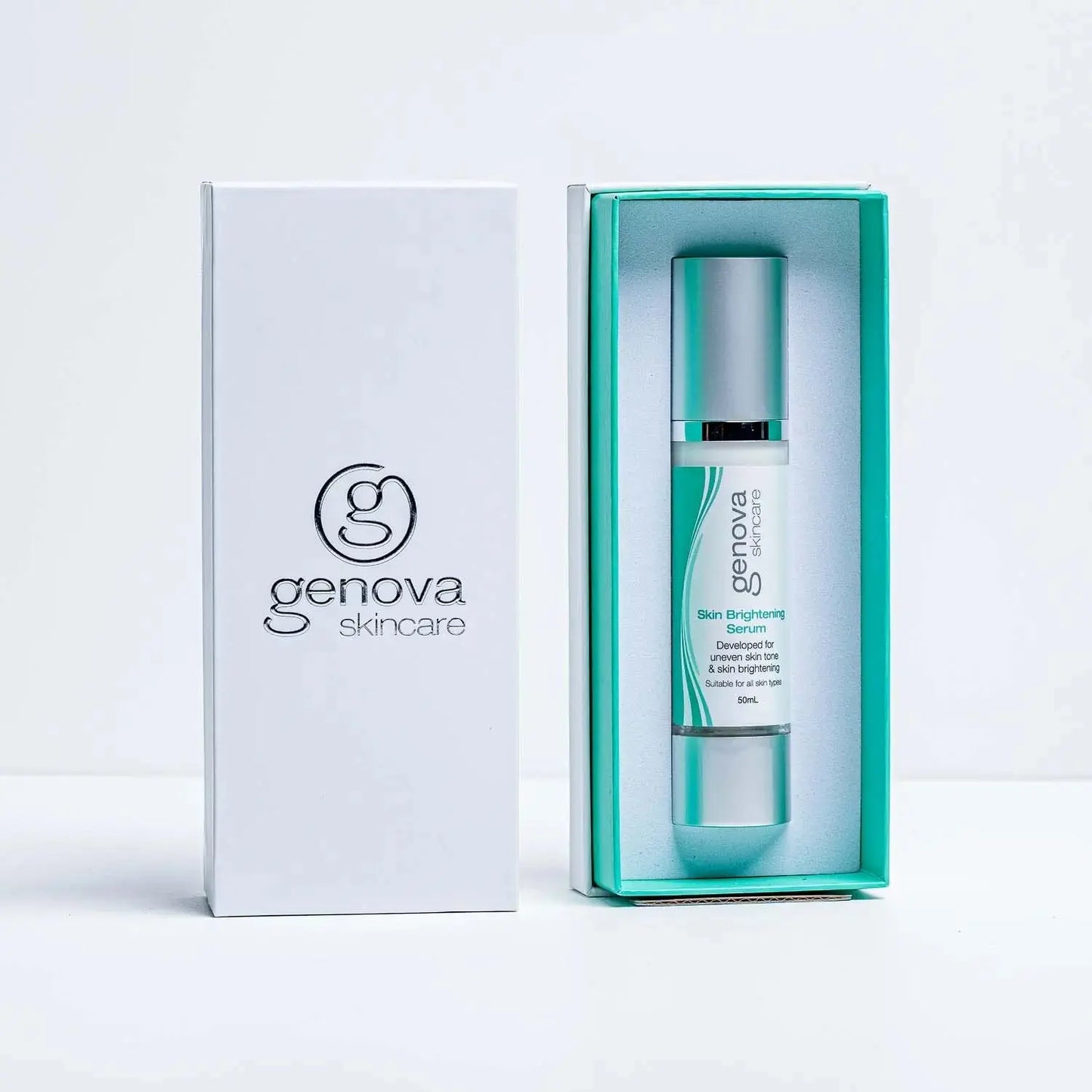Beyond Hot Flushes: The Ultimate Guide to Treating Thinning Menopausal Skin
When Your Skin Suddenly Feels Paper-Thin
You’ve mastered the art of the impromptu fan technique during hot flushes and learned to layer clothing for unpredictable temperature swings. But there’s another menopausal challenge that often surprises women: the sudden thinning of their once-resilient skin.
If you’ve recently noticed your skin seems more fragile, bruises more efficiently, or feels alarmingly thin to the touch, you’re experiencing one of menopause’s less discussed but equally frustrating symptoms. This change isn’t your imagination – it’s a direct result of the same hormonal shifts causing those infamous hot flushes.
The Science Behind Your Thinning Skin
During menopause, estrogen levels decline dramatically, and this hormonal shift profoundly affects the skin. Estrogen doesn’t just regulate the reproductive system; it plays a crucial role in maintaining skin thickness, strength, and resilience.
Here’s what’s happening beneath the surface:
- Collagen production plummets – Studies show women lose up to 30% of their collagen in the first five years of menopause
- Skin cell turnover slows significantly – New cells take longer to regenerate
- Dermal layer thins – The supportive middle layer of skin becomes less substantial
- Fat distribution changes – Protective fat layers beneath the skin diminish in some areas
- Elastin fibres diminish – The proteins responsible for the skin’s ability to bounce back decrease
The result? Skin that feels and behaves differently than it has your entire adult life – thinner, more fragile, and more vulnerable to damage.

The Hidden Challenges of Thinning Skin
Thinning skin creates challenges that go beyond appearance:
- Increased vulnerability to tears and injuries
- Slower healing from minor scrapes or cuts
- Enhanced visibility of veins, especially on hands and chest
- Greater susceptibility to sun damage
- Painful sensitivity to temperature changes
- More noticeable bruising from minimal impact
Many women feel frustrated when skincare products that worked perfectly for decades suddenly seem ineffective against these new concerns.
Your 7-Step Strategy for Treating Thinning Menopausal Skin
While you can’t reverse the hormonal clock, you can strengthen, protect, and support your skin through this transition. Here’s your comprehensive plan:
1. Focus on Gentle Protection
Thinning skin requires a gentler approach. Avoid harsh physical scrubs, strong acids, and abrasive treatments that could compromise your skin’s vulnerable barrier.
Try instead: Enzyme-based exfoliants that dissolve dead skin cells without physical scrubbing and microfibre cloths instead of rough washcloths.
2. Introduce Peptides Into Your Routine
Peptides are amino acid chains that signal your skin to produce more collagen – exactly what menopausal skin needs.
Look for products containing:
- Matrixyl (palmitoyl pentapeptide)
- Argireline (acetyl hexapeptide-8)
- Collagen-stimulating peptide complexes
These ingredients can help support your skin’s structure from within, offering a more substantial foundation despite hormonal changes.
3. Incorporate Ceramides and Barrier-Supporting Ingredients
As skin thins, its protective barrier function diminishes. Ceramides—the natural lipids that hold skin cells together—become essential for maintaining skin integrity.
Beneficial ingredients include:
- Ceramide complexes
- Niacinamide (strengthens barrier function)
- Fatty acids (reinforce skin’s lipid layer)
4. Prioritise Sun Protection Like Never Before
Thinning skin is significantly more vulnerable to UV damage, further accelerating collagen loss – creating a troubling cycle.
Daily non-negotiables:
- Broad-spectrum SPF 50+
- Reapplication every two hours when outdoors
- Physical barriers like hats and UPF clothing
- Seeking shade during peak sun hours
This protection becomes especially important during hot flushes when you might be tempted to seek cooling relief from direct air conditioning or fan exposure, which can further dehydrate the skin.

5. Introduce Strategic Antioxidants
Free radical damage accelerates skin thinning, making antioxidants crucial for menopausal skin health.
The most effective options include:
- Vitamin C (supports collagen production)
- Vitamin E (enhances skin’s protective capacity)
- Resveratrol (combats oxidative stress)
- Green tea extract (provides broad antioxidant protection)
6. Consider Professional Treatments
Specific in-clinic procedures can help stimulate collagen production and thicken thinning skin:
- Radiofrequency treatments
- LED therapy (particularly red light)
- Low-level laser therapy
- Micro-needling with growth factors
These treatments work beneath the skin’s surface to trigger your body’s natural collagen-building responses.
7. Address Lifestyle Factors
External skin care is only part of the solution. Internal support matters, too:
- Increase protein intake – The building blocks for collagen production
- Stay well-hydrated – Essential for skin cell function
- Consider supplements containing collagen peptides, silica, or vitamin C
- Manage stress levels – Cortisol can further thin skin
- Prioritise sleep quality – When most skin repair occurs
Your Daily Routine for Thicker, Stronger Skin
Put these strategies into practice with this simple yet effective routine specifically designed for menopausal thinning skin:
Morning:
- Cleanse with a gentle, pH-balanced cleanser
- Apply an antioxidant serum containing vitamin C
- Layer a peptide-rich treatment product
- Apply a ceramide-containing moisturiser
- Finish with SPF 50+ (non-negotiable!)
Evening:
- Gently remove makeup with a non-stripping cleansing balm
- Cleanse with a cream or milk cleanser
- Apply a regenerative peptide serum
- Use a niacinamide treatment to support barrier function
- Finish with a more decadent night cream containing barrier-supporting lipids

How Genova Skincare Supports Thinning Menopausal Skin
Our Genova Skincare range has been specifically formulated to address the unique challenges of menopausal skin. Our Firming Cream was developed as a targeted solution for thinning skin concerns.
This multi-action formula combines advanced peptide technology with barrier-supporting ceramides to strengthen skin structure and protect its vulnerable surface. The result is skin that feels more resilient and becomes more resistant to damage over time.
Embracing Your Skin’s Journey
While thinning skin presents real challenges, understanding the science behind these changes empowers you to take effective action. With the right approach, you can nurture your skin through this transition and maintain its health, resilience and beauty.
Remember that consistency is key. Like managing hot flushes, addressing thinning skin requires daily attention and care. The good news? Most women see noticeable improvements within 8-12 weeks of implementing targeted skincare strategies.
Have you noticed your skin becoming thinner during menopause? What changes have you made to your skincare routine? We’d love to hear your experiences and answer any questions about managing thinning skin during this life transition. Your voice matters in our community of women supporting each other through this journey.








